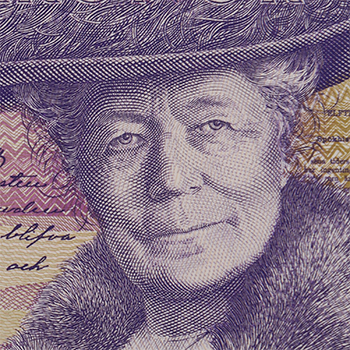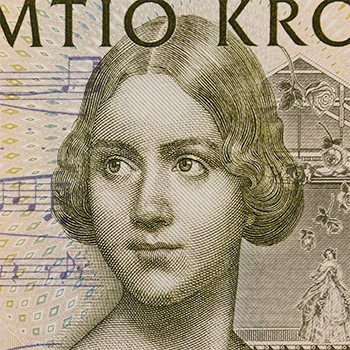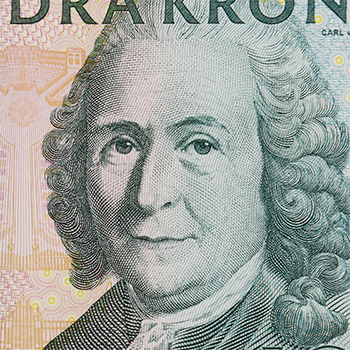Invalid banknotes
These 20, 50, 100, 500 and 1,000-krona banknotes are invalid. This means that you can no longer use them for payments. Nor can you redeem them at a bank. However, the Riksbank can redeem them for an administration fee of SEK 200.
Banknotes that became invalid prior to 2016





